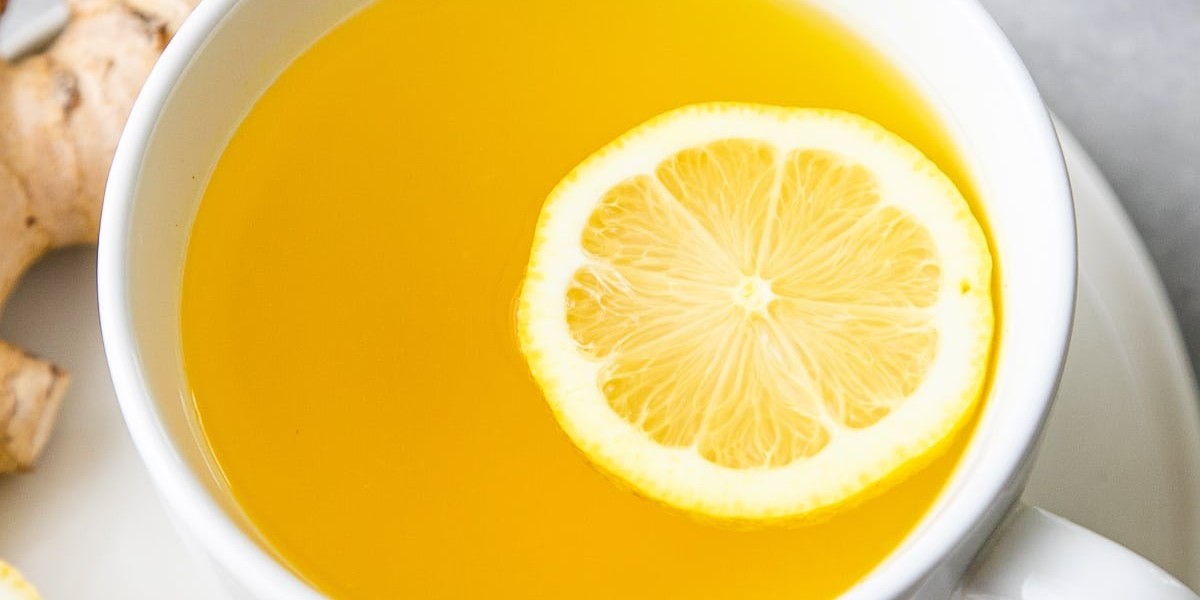Modern wellness conversations often focus on the importance of digestion, but what’s becoming increasingly clear is that the gut and the brain are deeply connected. This relationship, often referred to as the gut-brain axis, shows us that how we feel emotionally can affect our digestion, and how well our digestion functions can impact our mood and clarity of thought. One of the gentlest and most effective ways to support this vital connection is through digestive tea. With its blend of natural herbs, digestive tea not only soothes the stomach but also provides calming effects that benefit the mind and body alike.
The Gut-Brain Axis Explained
The gut is sometimes called the “second brain” because it contains millions of nerve cells that communicate with the brain through the vagus nerve. This constant exchange of signals means that stress, worry, or fatigue can directly influence the way our digestive system works. Similarly, digestive discomfort like bloating, cramping, or indigestion can affect our mood and energy levels.
When the gut is out of balance, people often experience more than just physical discomfort—they may feel mentally foggy, anxious, or irritable. Supporting this connection holistically is crucial, and digestive tea offers an accessible way to do just that.
How Digestive Tea Helps Balance Both Gut and Mind
Digestive teas are crafted with herbs that bring dual benefits: they soothe the digestive tract while calming the nervous system. This makes them uniquely suited to nurturing the gut-brain connection.
Peppermint: Eases bloating, relaxes intestinal muscles, and promotes clarity.
Chamomile: Reduces inflammation in the gut while calming the mind.
Fennel: Helps relieve gas and tension while promoting comfort.
Ginger: Stimulates digestion and reduces nausea, while gently energizing the body.
Lemon Balm: Uplifts mood and reduces nervous tension that often contributes to stomach upset.
Together, these herbs work in harmony to create a calming, restorative experience that benefits more than just digestion.
Stress, Digestion, and the Tea Connection
One of the primary reasons people seek out digestive tea is because stress often leads to discomfort after meals. Tight deadlines, daily worries, or emotional challenges can send the digestive system into overdrive or slow it down, resulting in bloating, cramps, or irregularity.
Herbal teas provide a soothing pause in the day, calming both mind and body. The ritual of preparing tea, inhaling its aroma, and sipping slowly creates a mindful break that eases tension. This, combined with the therapeutic properties of the herbs themselves, helps restore balance in both the gut and the brain.
Gas Relief Tea: A Targeted Approach
One specific benefit people often look for is relief from excess gas and bloating. Specialized gas relief tea blends focus on herbs like fennel, caraway, and peppermint, which are known as carminatives—herbs that help the body naturally release trapped gas.
By easing this discomfort, such teas not only improve digestion but also prevent the emotional strain that often comes with ongoing digestive issues. A calm stomach leads to a calmer state of mind, making these blends powerful allies for the gut-brain connection.
A Gentle Alternative to Quick Fixes
Many people turn to over-the-counter remedies when faced with indigestion or stress-related stomach issues. While these may provide temporary relief, they rarely address the root causes or support long-term balance. Digestive tea, on the other hand, works gently and consistently, helping the body and mind find equilibrium naturally.
Because it is plant-based, it is also free from many side effects that can accompany synthetic options. This makes it a sustainable habit for daily wellness, rather than a quick fix for occasional problems.
The Ritual of Tea Drinking as Mindfulness
Beyond the herbs themselves, the act of drinking tea can be a mindful ritual that directly supports the gut-brain axis. Sitting quietly with a warm cup encourages slow breathing, relaxation, and presence—all of which reduce stress and improve digestion.
This is why digestive tea feels more like a holistic experience than a simple beverage. It’s not just about what’s in the cup, but also how you enjoy it: slowly, calmly, and with intention. This mindful practice enhances the physical benefits of the herbs, creating a cycle of calmness and healing.
Whole-Body Benefits Beyond Digestion
While digestive tea’s primary reputation is rooted in gut health, its effects are wide-reaching:
Supports Immunity: A large portion of immune function is tied to the gut. By improving digestion, tea indirectly strengthens natural defenses.
Improves Sleep: Teas with calming herbs like chamomile promote better rest, which is essential for both gut repair and mental clarity.
Reduces Inflammation: Herbs like ginger and turmeric combat inflammation that affects not only digestion but also joints and skin.
Enhances Mood: By calming the nervous system, digestive tea helps improve emotional well-being.
These benefits reflect the interconnected nature of the body, where supporting digestion uplifts the entire system.
Making Digestive Tea Part of Daily Life
Incorporating digestive tea doesn’t require major lifestyle changes. Some people prefer a cup after meals to aid digestion, while others find it most soothing before bed. The key is consistency—making it a regular habit helps the gut-brain connection remain balanced over time.
Pairing tea with other mindful habits, such as balanced meals, slow eating, and stress management, amplifies its effectiveness. Together, these practices form a holistic approach to health that honors both body and mind.
Conclusion
Digestive tea is much more than a comforting drink for an unsettled stomach. By calming the gut-brain connection, it helps the body process food more efficiently while supporting emotional balance and clarity. Whether you choose a general digestive blend or a targeted gas relief tea, the experience goes beyond digestion—it’s about nurturing harmony throughout the entire system.
In a world where stress and fast living often disrupt both gut and mind, taking the time to sip a warm, soothing cup of digestive tea offers a gentle reminder: when we care for the gut, we also care for the mind.







